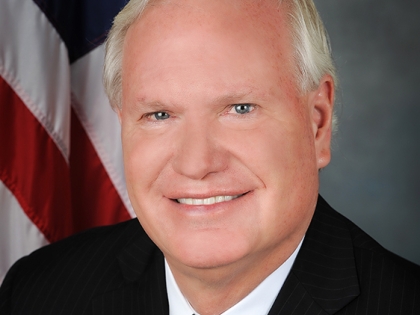
New York Times Editorial: A Freebie Too Far
Most tennis fans can only dream about receiving the kind of thick, cream-colored invitation that State Senator Tony Avella of Queens got recently in the mail. The United States Tennis Association was pleased to invite him and a guest to view this year’s tennis championships, which begin Aug. 27. They could sit in the President’s Suite. They could pick “one session of your choice” during the first week. This is tennis at its best, viewed from the best seats in Arthur Ashe Stadium.
Senator Avella, whose Queens district is near the tennis facility, did the right thing. He took one look at the offer and figured that it exceeded the state’s gift ban. State rules limit gifts to something of “nominal value” — a coffee mug or maybe a plastic Frisbee emblazoned with a donor’s logo. Comparable tickets could run $1,000 apiece.
So Mr. Avella dutifully asked the Legislature’s ethics commission whether the tickets could be accepted. The word came back swiftly: no.
It is unclear how many other state politicians learned at the same time that they would be watching the Open on television. The New York City Council speaker, Christine Quinn, has since decided not to accept this year’s tickets. Her office said that the tennis association has business before the city — a request to expand its operations in Flushing Meadows-Corona Park, where the stadium and adjacent courts are located.
It turns out that the tennis association has been passing out these freebies to politicians, state officials, assorted members of the New York Police Department, Parks Department and City Council for years. The association, which has not disclosed its list, argues that these coveted invitations are “not merely a courtesy.”
As Andrea Hirsch, the chief administrative officer of the association, wrote to the city’s Conflicts of Interest Board recently, the invitations help politicians and other officials learn more about the “problems and issues” faced by the National Tennis Center.
If the tennis center has problems or issues, city and state officials should know about them. But, really, do they have to inspect the place from the best seats? Mr. Avella and the state ethics arbiters are correct. This freebie is over the line.